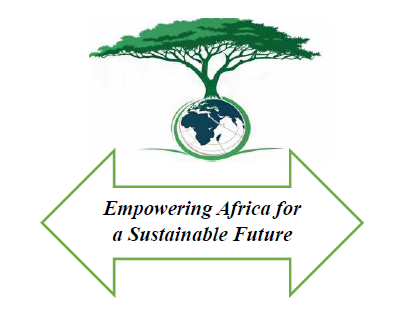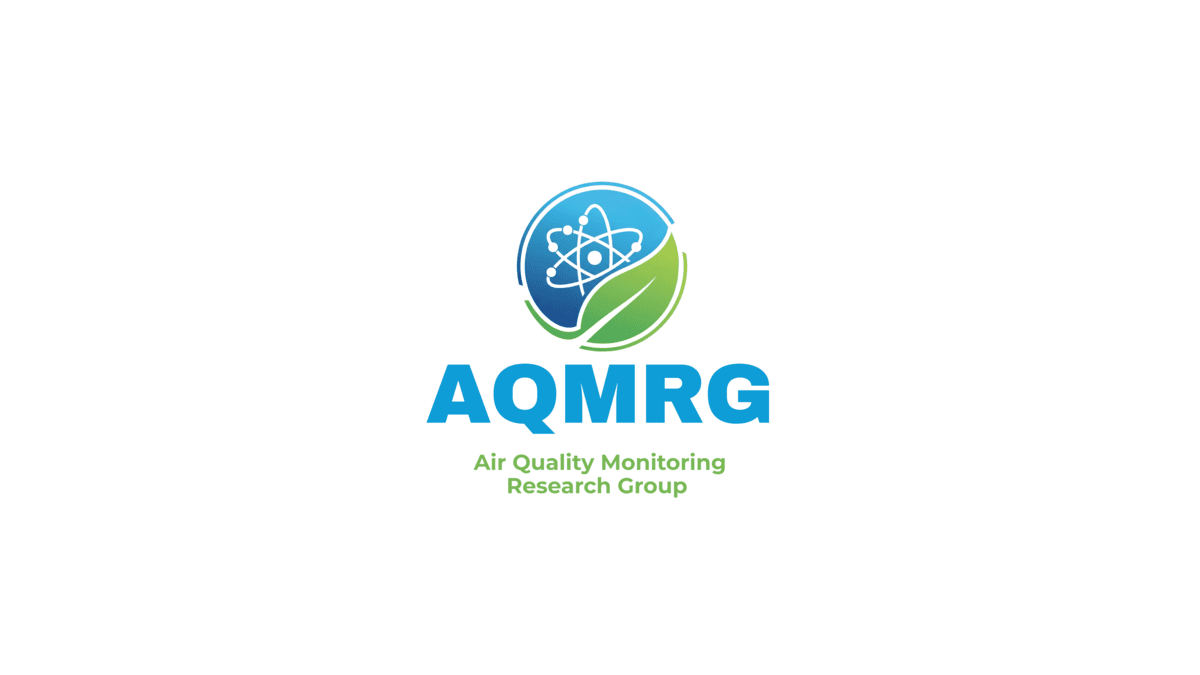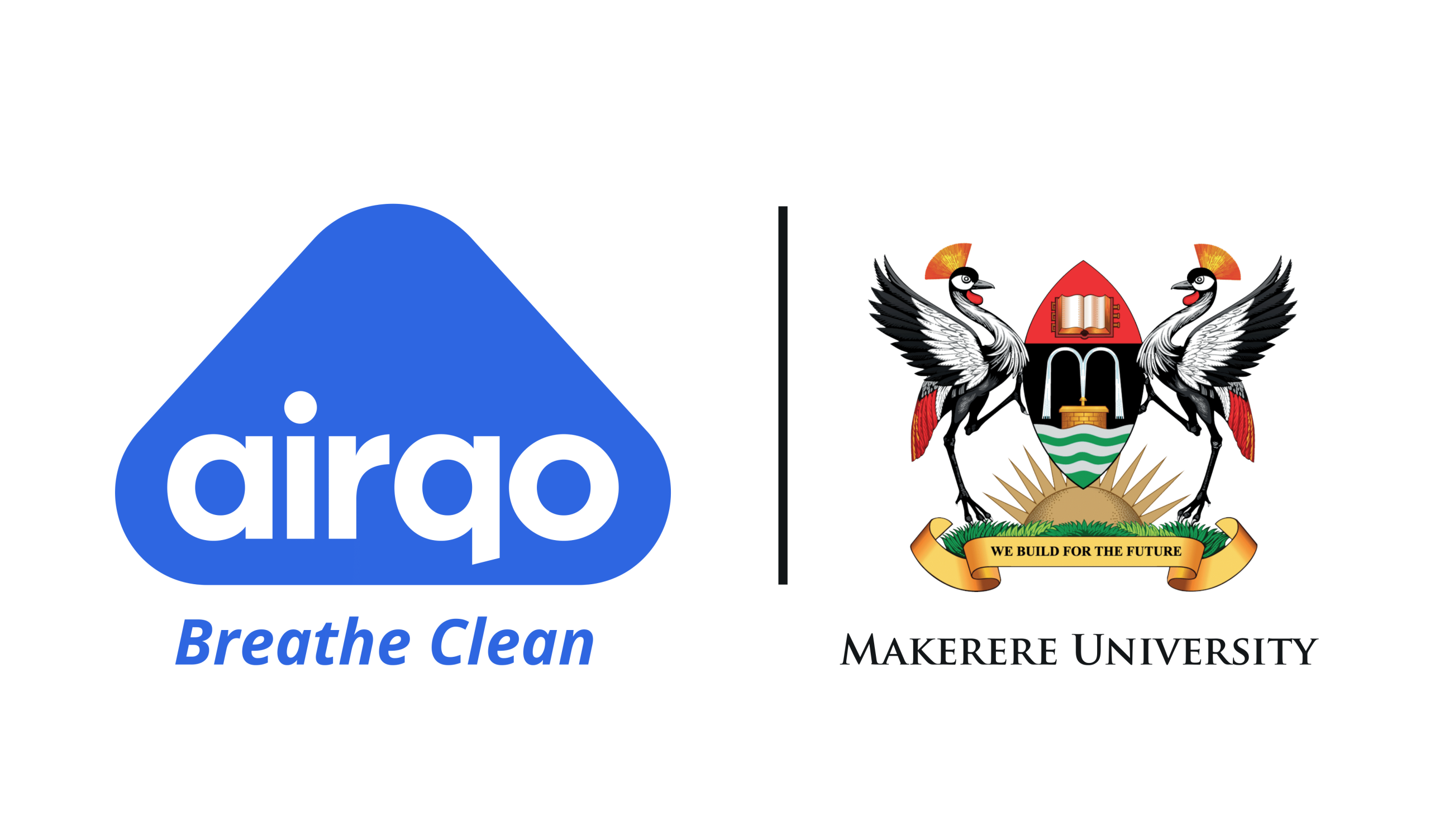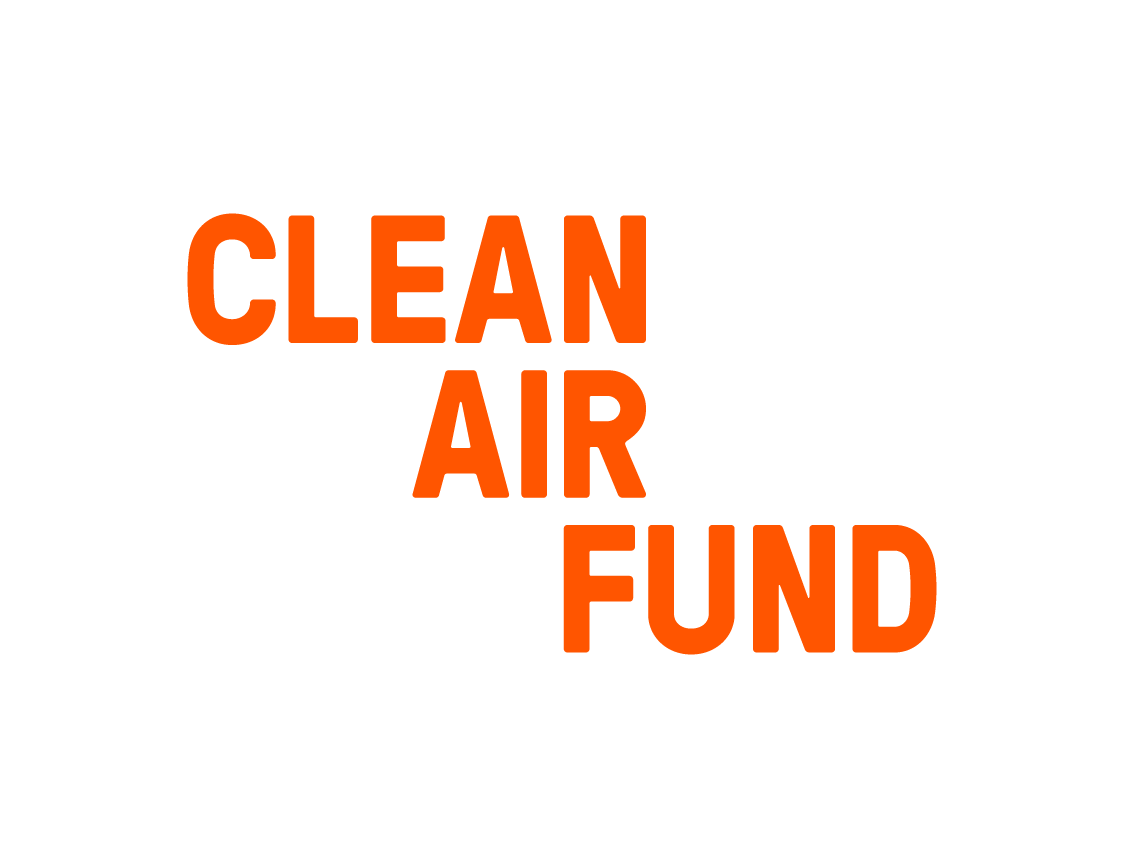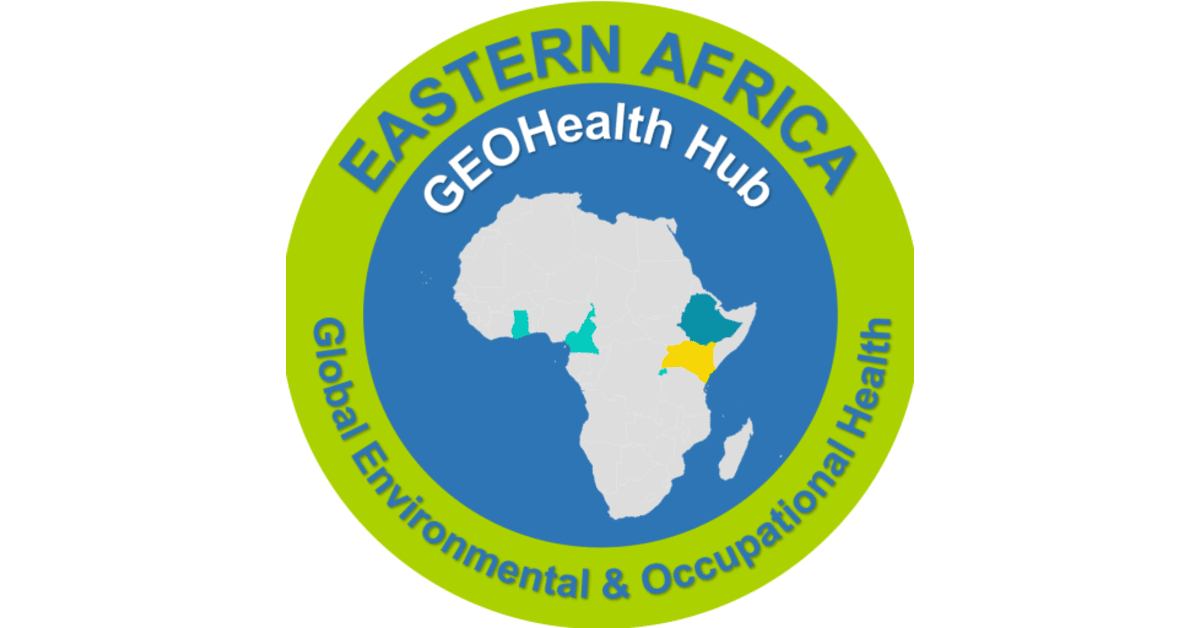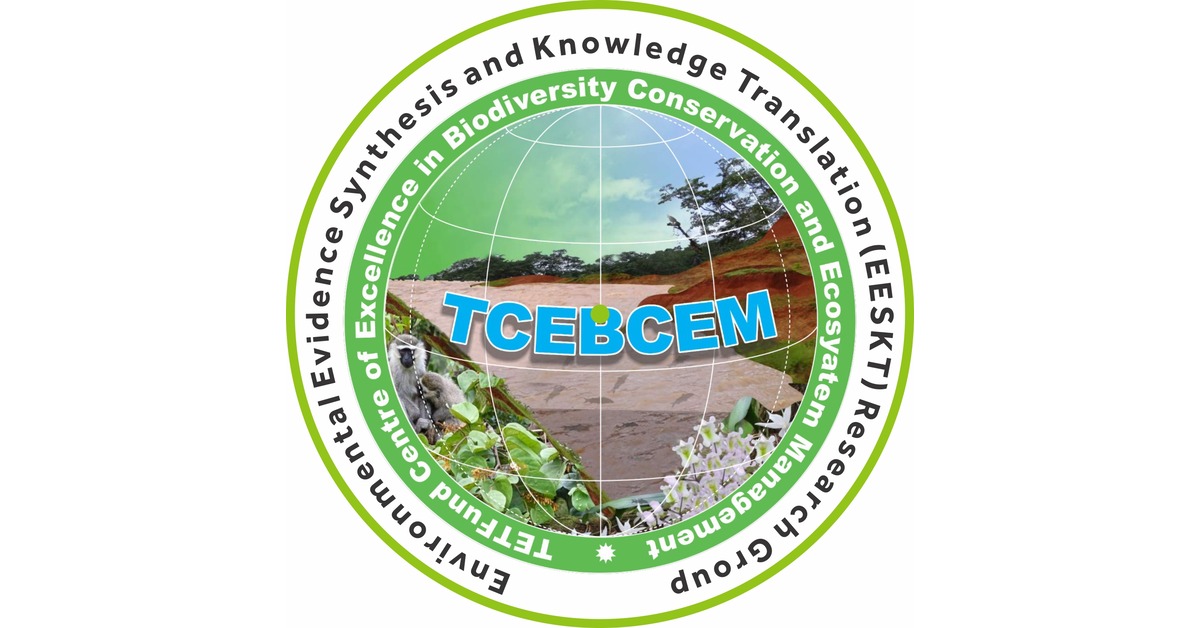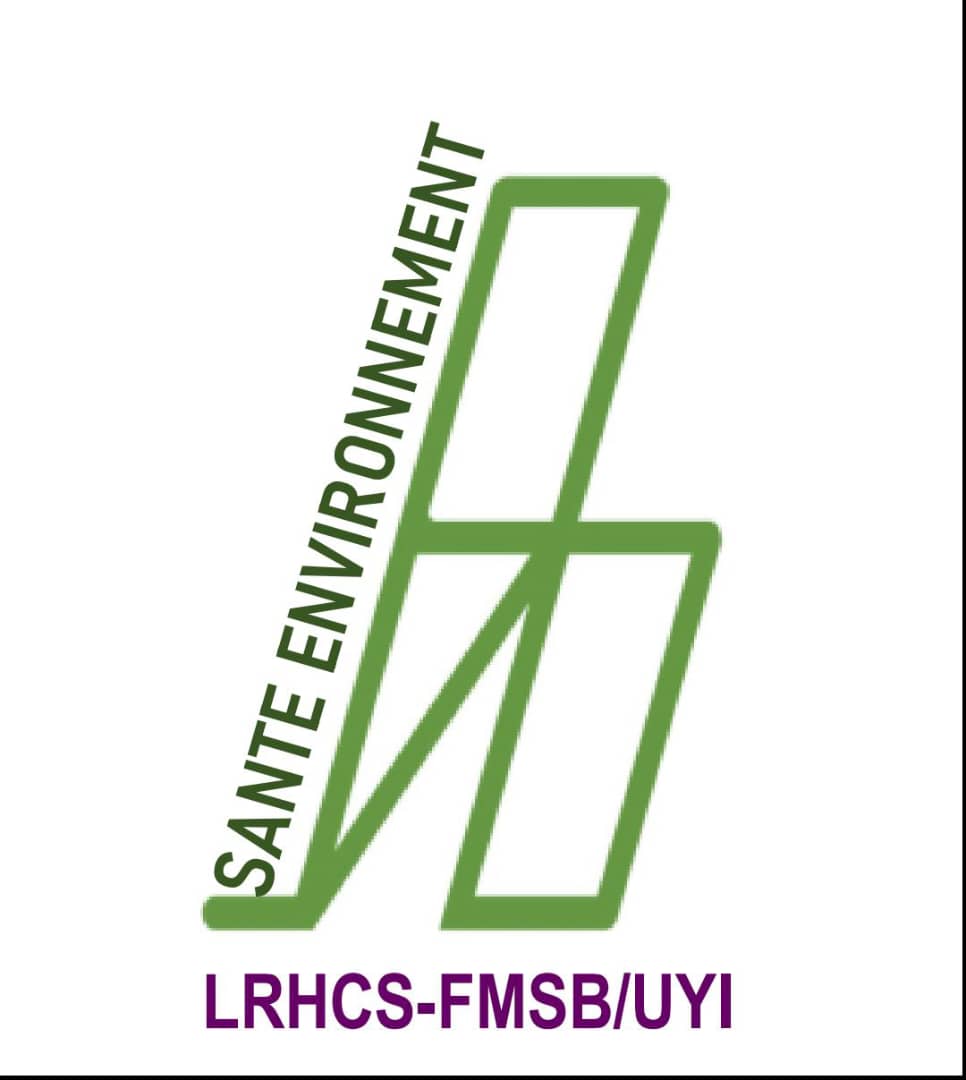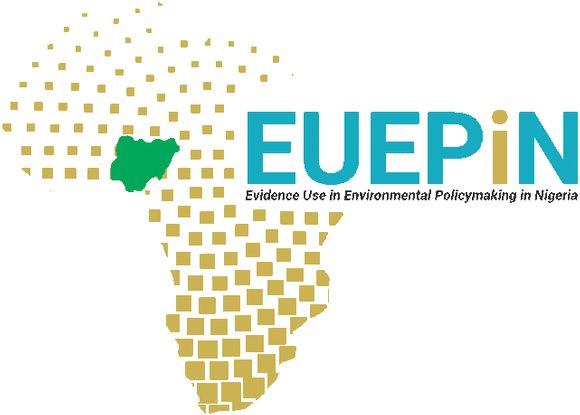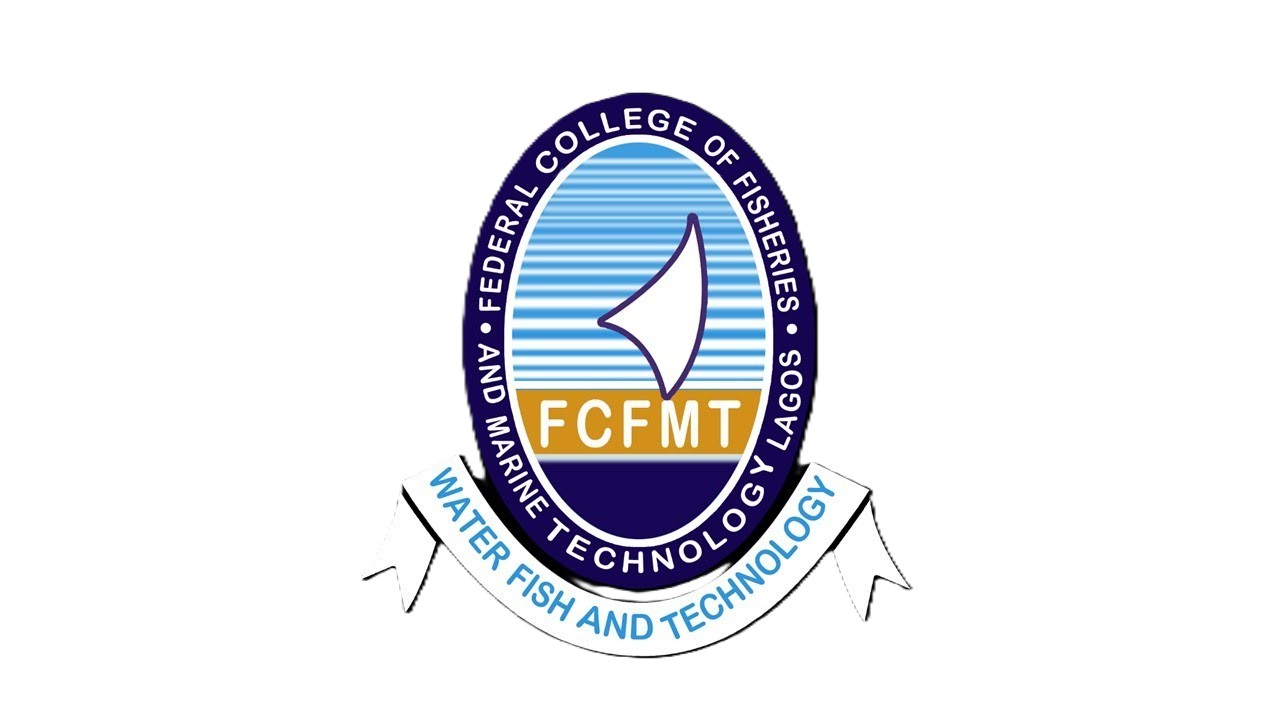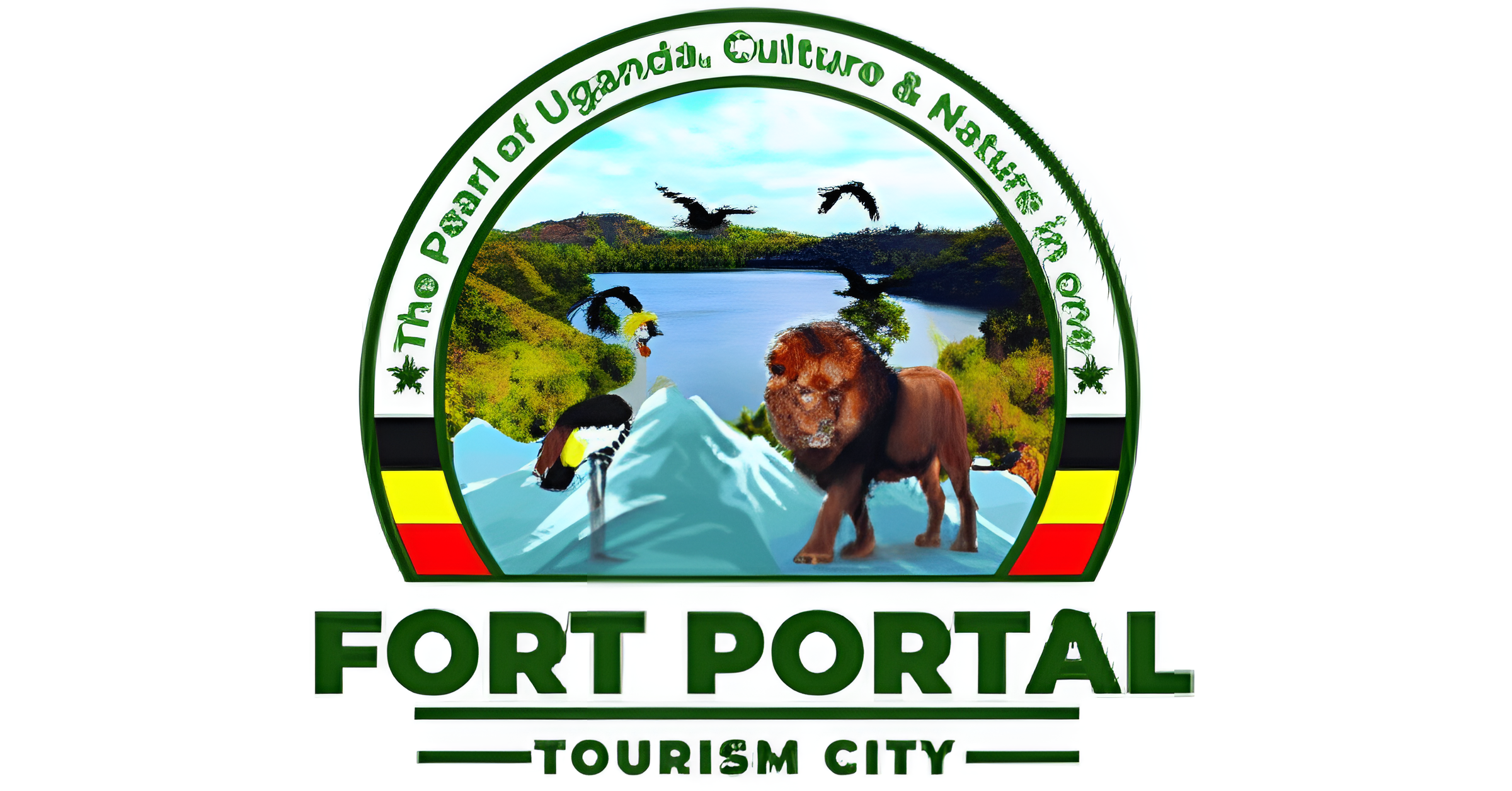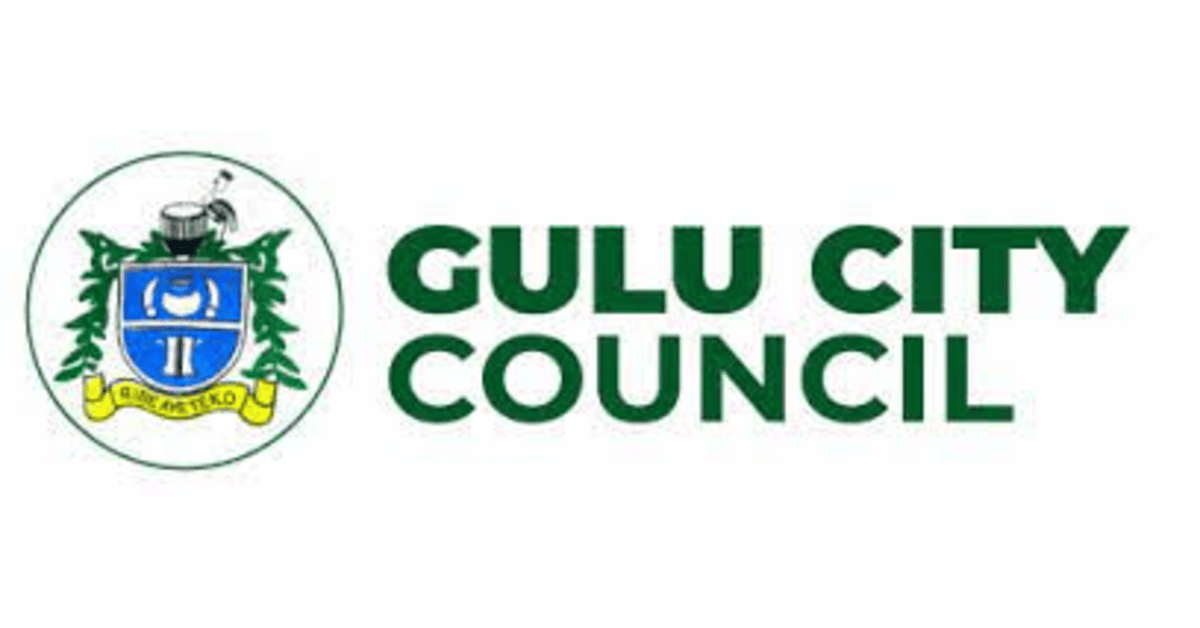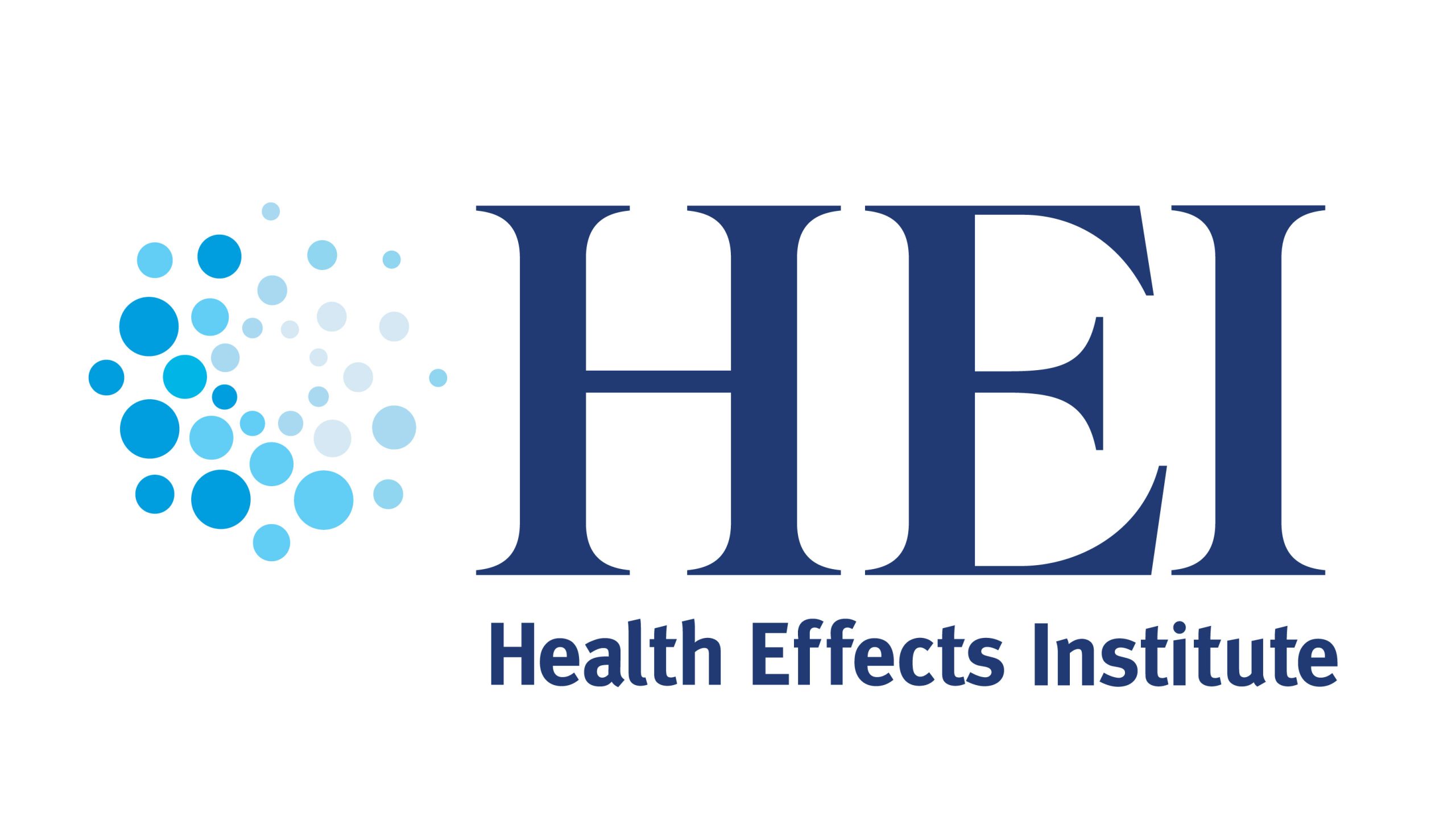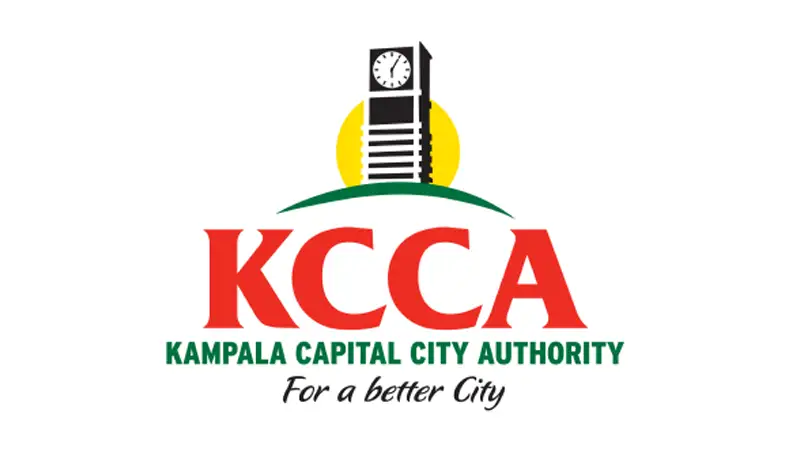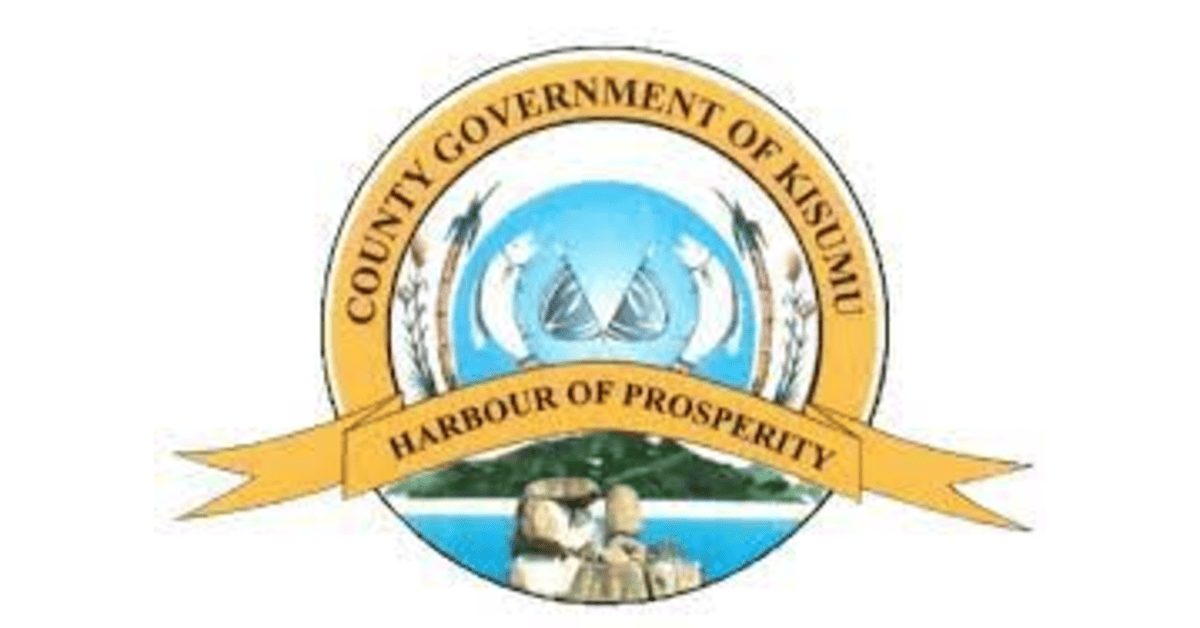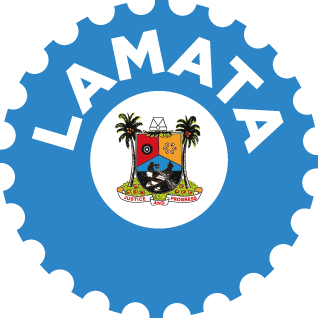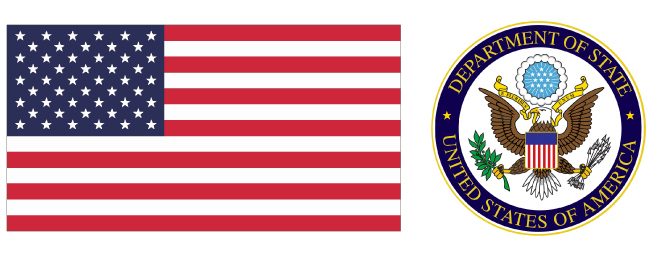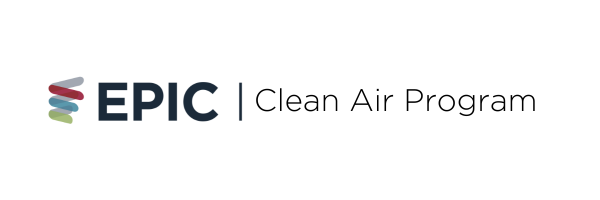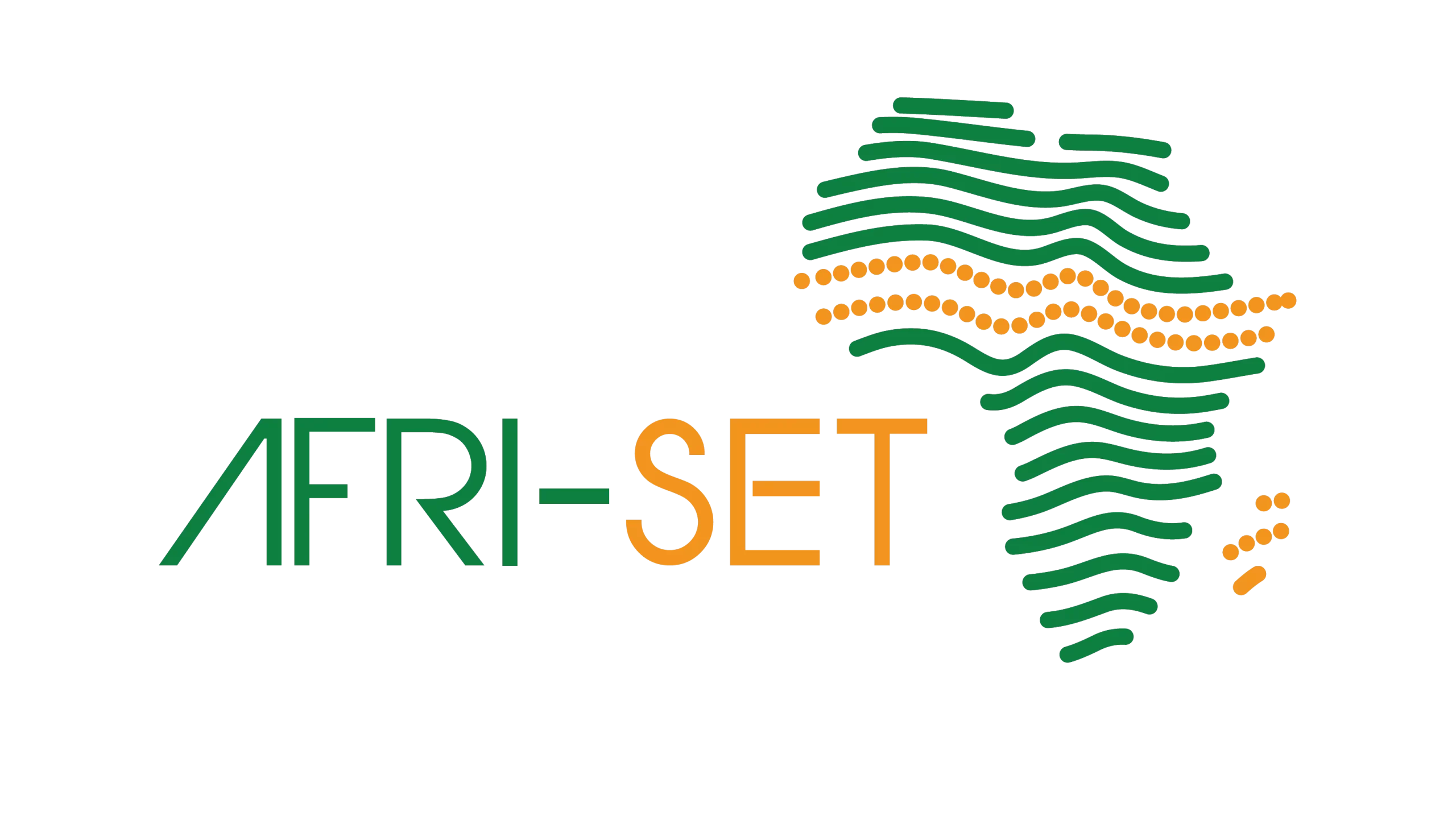
Afri-SET, University of Ghana
The Department of Physics was one of the pioneer departments set up in the University College of the Gold Coast in October 1948. The Department of Physics is the home of Afri-SET: The Air Quality Sensor Evaluation and Training Facility, established to comprehensively evaluate and provide calibrations for low-cost air quality sensors and ensure that end-users are informed about their performance, capabilities and limitations.
Afri-SET uses internationally recognised best practices to provide real-world performance evaluations for low-cost sensors being used in Africa. Afri-SET provides comprehensive capacity-building and training services, including in-person, virtual, and open-access options. Afri-SET’s goal is to empower individuals and organisations with the knowledge and skills necessary to improve air quality monitoring and protect public health and the environment. The Afri-SET website is www.afriset.org
